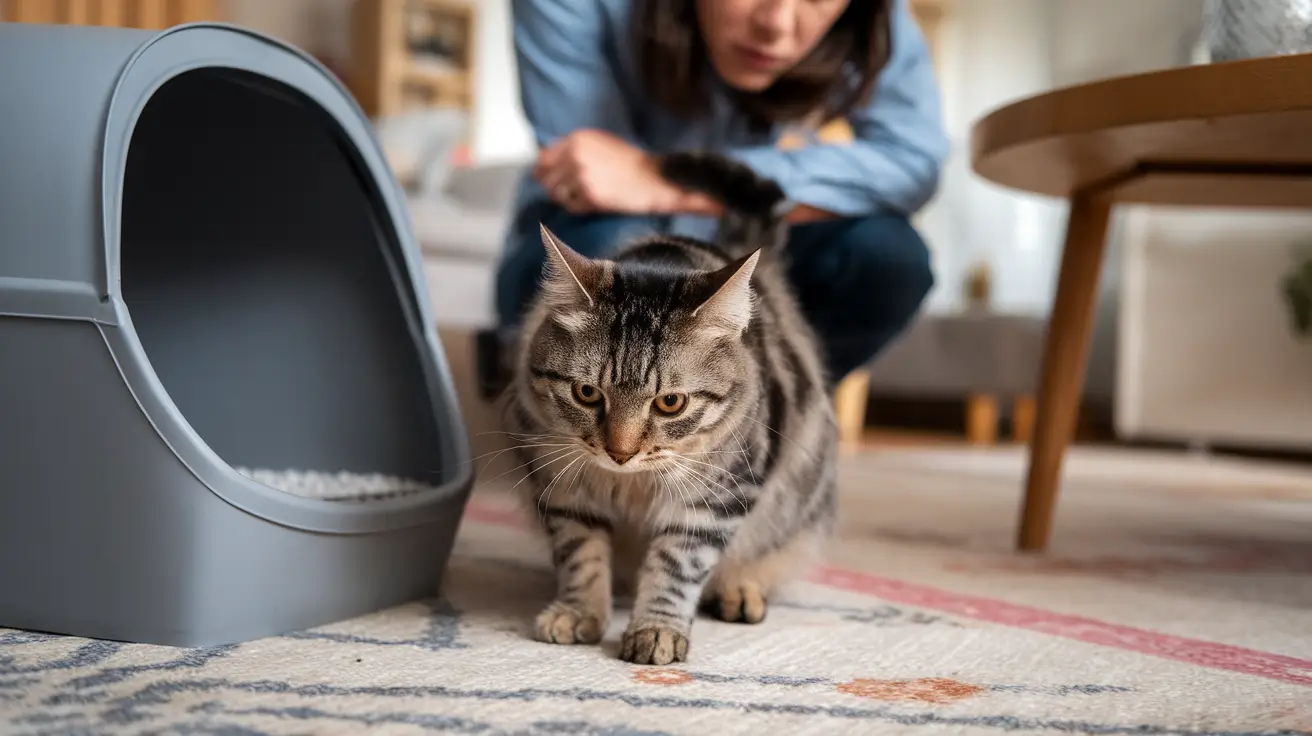Introduction to Feline Health Concerns
Monitoring the health of our feline companions is crucial, as cats often mask their discomfort. Among the various health issues that can afflict cats, constipation is a prevalent yet frequently overlooked problem. While it may seem minor, constipation can lead to more severe health conditions if not addressed promptly. Understanding the significance of this issue and recognizing its potential impact on a cat's overall well-being is essential for any cat owner.
Recognizing the Signs of Constipation
Identifying constipation in cats early can prevent complications. Common symptoms include straining during defecation, producing small, hard stools, and noticeable changes in litter box habits. Cats may also exhibit behavioral changes, such as reduced appetite or lethargy, when experiencing constipation. By being vigilant and responsive to these signs, owners can intervene early and seek appropriate solutions.
The Underlying Causes of Cat Constipation
A Hydration and Diet
Dehydration is a significant contributor to constipation in cats. Insufficient water intake, often exacerbated by chronic kidney disease, leads to the body reabsorbing fluid from the colon, resulting in dry, hard feces. Additionally, a diet low in fiber and moisture, particularly those consisting mainly of dry food, can further contribute to constipation.
Health Conditions
Various health conditions can impede normal bowel movements in cats. Metabolic disorders such as hypothyroidism and imbalances in blood potassium or calcium levels can affect the colon's ability to contract. Spinal issues and chronic kidney disease also play a role in disrupting normal bowel function, increasing the risk of constipation.
Lifestyle Influences
Lifestyle factors such as obesity and stress significantly impact a cat's intestinal health. Excess weight can cause intestinal inflammation, slowing down bowel movements. Similarly, stress and anxiety can alter bowel habits, leading to constipation.
Physical Obstructions
Physical blockages, such as ingested foreign objects like bones or string, can obstruct the colon and prevent normal defecation. Additionally, conditions like megacolon, where the colon becomes severely distended, often require veterinary intervention due to their severe nature.
Home Management Strategies
Dietary Adjustments
Alleviating constipation often begins with dietary changes. Incorporating wet food into a cat's diet increases water intake, helping to prevent dehydration. Adding fiber supplements or high-fiber foods, such as canned pumpkin, can also promote healthier bowel movements.
Probiotics and Natural Remedies
Probiotics support a healthy gut flora, aiding in regular bowel movements. Natural laxatives like ginger and aloe vera juice, when used in moderation, can stimulate bowel activity. These remedies offer gentle alternatives to manage constipation.
Encouraging Activity and Reducing Stress
Increasing a cat's physical activity through play and exercise can enhance intestinal function. Reducing stress with calming pheromones or supplements further supports regular bowel movements, as stress can exacerbate constipation.
Monitoring and Maintenance
Regular Observation
Consistent monitoring of a cat's litter box behavior is vital. Tracking defecation frequency and stool consistency can help detect early signs of constipation, allowing for timely intervention.
Veterinary Consultation
Knowing when to seek veterinary help is crucial. Prolonged constipation or signs of discomfort necessitate professional evaluation. Veterinarians can diagnose underlying conditions and recommend appropriate treatments.
Professional Veterinary Interventions
Diagnostic Procedures
Veterinarians may perform diagnostic tests to identify the root cause of constipation, ensuring targeted treatment. These tests help uncover underlying health issues that may require specific interventions.
Treatment Options
In cases where home remedies fail, professional treatments such as fluid therapy or enemas may be necessary. Medications, including laxatives, can also be prescribed to manage symptoms. It is essential to rely on veterinary guidance for these interventions to avoid complications.
Conclusion: Ensuring Your Cat's Well-Being
A holistic approach to managing cat constipation involves understanding its causes, implementing effective home remedies, and knowing when to seek veterinary care. By being proactive and attentive to your cat's health, you can prevent constipation from escalating into more serious conditions, ensuring a healthier and happier life for your feline friend.






